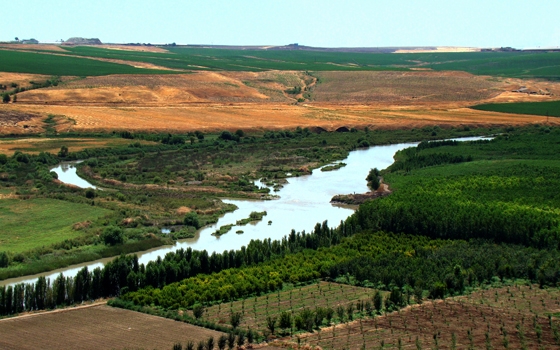Iraq is to spend billions of dollars over the next two to three years on 50 water and sewage projects that would be open to work by foreign contractors, the country's municipal affairs minister said.
He said the Iraqi government was taking steps, including facilitating the issue of visas to businessmen, to encourage foreign contractors to set up shop in the country.
"What was allocated to projects that will be awarded in 2014 is $1.5 billion annually for two to three years," Municipalities and Public Works Minister Adil Mhoder told Reuters on the sidelines of a conference in Dubai.
Mhoder said the new projects, which he numbered at 50, were related to building sewage infrastructure and securing portable water from the Tigris-Euphrates river system.
"We will ask companies to bid for them in 2014," Mhoder said. "By the end of 2013, these projects will have passed the planning phase and will be needing implementation."
He said the government was taking steps to reduce bureaucratic procedures, including speeding up the process of awarding contracts and making it easier for foreign investors to obtain entry visas into the country.
The government has already authorized heads of diplomatic missions to issue visas for businessmen and investors within 48 hours, he said.
In its attempt to bring in reluctant contractors, the Iraqi government is also offering letters of credit that could be used by contractors who need to import equipment and other supplies, the minister said.
Mhoder said his ministry currently oversees at least 50 infrastructure projects, most of them involving companies from Asia and the Middle East, which are more willing than their Western counterparts to take on risk, according to one Iraqi contractor at the conference.
China, Turkey, Iran, India, Malaysia and the UAE as well as some European firms are currently invested in the sector.
Recently, Construction and Housing Minister Mohammed al-Daraji told Reuters Iraq would spend around $10 billion on infrastructure projects this year, with the country aiming to increase this to more than $15 billion annually by 2016.
Reuters
21 September
























































